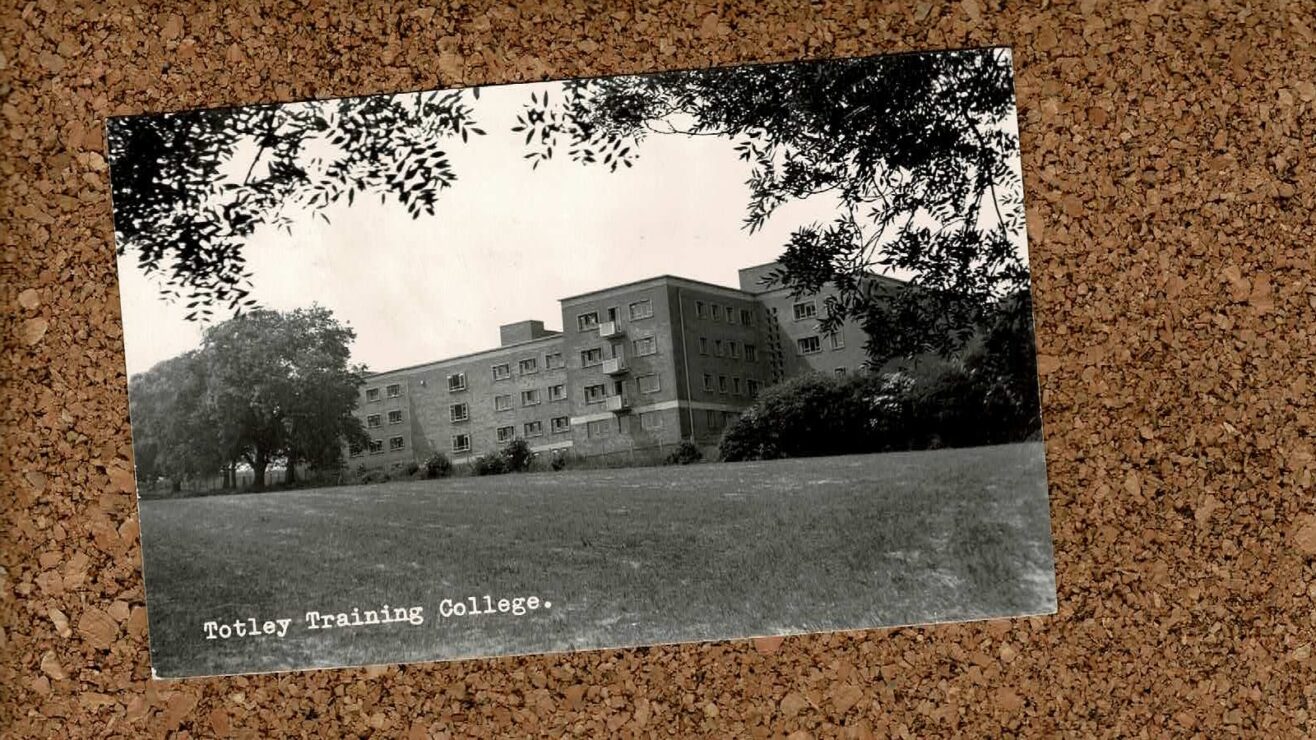Following the collaboration on the joint “Student Living” pilot project at Nottingham Trent University, the UPP Foundation and Student Minds have launched a new student mental health guidance pack for university staff.
Entitled ‘Student Living: Collaborating to Support Student Mental Health in University Accommodation’, the guidance concludes a joint pilot project which focused on training front-line staff at Nottingham Trent University in supporting student mental health. It uses the evidence from this project and other case studies to provide the sector with a series of recommendations on how to support mental health, particularly for those students living in purpose-built student accommodation. It is informed by the voices of students and staff, an evaluation of a training project, and practical tools and examples.
Our approach has been unique in focusing on how partnerships between universities, accommodation services, and third sector organisations can support early intervention for students experiencing mental health difficulties.
At the coalface
Student mental health has risen up the higher education policy agenda in recent years. In 2015, HEFCE reported that student support services were seeing a 150% increase in appointments. Wellbeing in the student population has been found to be lower than the same age group not in higher education. Approximately 29% of students’ experience clinical levels of psychological distress, associated with increased risk of anxiety, depression, substance use , and personality disorders.
Often it is accommodation staff – a cleaner, the night porter or security staff – that picks up on these issues. We delivered training to UPP accommodation staff to enable them to spot the signs of mental health issues and engage in supportive conversations to help students access the support they need. Universities must involve accommodation professionals if they are going to take a strategic and comprehensive approach to tackling student mental health difficulties.
For students, the uniqueness of living in an environment with hundreds of young people for the first time is a major life transition. Many issues present themselves at this time of change: homesickness, living with strangers and making friends, problems with the integration between home and university care, drugs and alcohol, security and safety, and managing the lack of a pastoral support system. Our report finds three over-riding themes for supporting students who live through these challenges: the need for collaboration and auditing across sectors, building the health literacy of the whole community, and embedding a sustainable and well-resourced strategic approach.
We explore six key topics that can support university and accommodation colleagues to implement this approach: auditing referral pathways and policies, workplace wellbeing strategies for staff, mental health & welfare training for accommodation staff, provision of information and resources for students, community building, and designing buildings for wellbeing.
All in all, we make the following recommendations for accommodation providers and university staff:
- Establishing or joining a university-wide mental health strategic working group
- Developing a Workplace Wellbeing Strategy where one has not been implemented
- Universities and/or their accommodation providers should consider a review of overnight and out of hours practice and provision, including the roles of any security staff, porters etc., ensuring that they are linked to adequate welfare/student support services
- Investing in compulsory mental health training, tailored for front-line staff to support appropriate early intervention, timely signposting to support and clarity on boundaries
- Encouraging staff to introduce their roles and remit to students
- Universities, with support from accommodation providers should consider how they can empower students with the knowledge, confidence and skills to support themselves and others with mental health difficulties
- Providing support and resources for students supporting housemates/flatmates
- Building supportive communities by establishing networks of safe peer support within halls, for example through Residence Assistants
- Creating communal space for social interaction and to enable activities to run that build a sense of belonging when developing new accommodation
- Considering what types of room adjustments might be made for students experiencing difficulties
Not a quick fix
Due to the transitional nature of the university population, the provision of care is already fragmented, but when accommodation staff and university student services work together, progress can be made. This is not a quick fix – it requires regular review and oversight, and both parties must invest time and effort in the partnership. Finally, it’s important that the multiple organisations with a duty of care to students keep learning from one another. There is much to celebrate here – so many staff in universities, health services, and accommodation services do amazing work every day.
From a university perspective, it remains vital to adapt a strategic approach to wellbeing and invest in mental health. Universities UK has launched a new programme of work to help improve the mental health and wellbeing of students and staff in higher education, which will set out the case for this strategic approach and to develop a whole-institution framework in support. Cultivating environments and communities that are supportive of mental health, as well as providing timely access to support services, are the most effective ways to combat mental health challenges higher education and in wider society.














